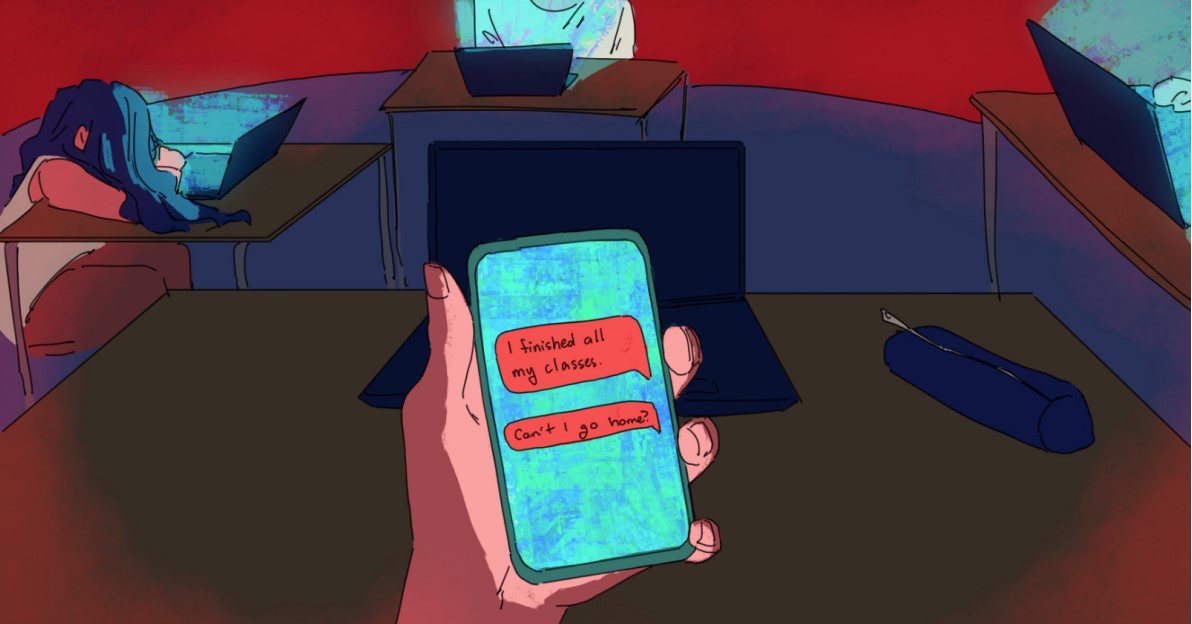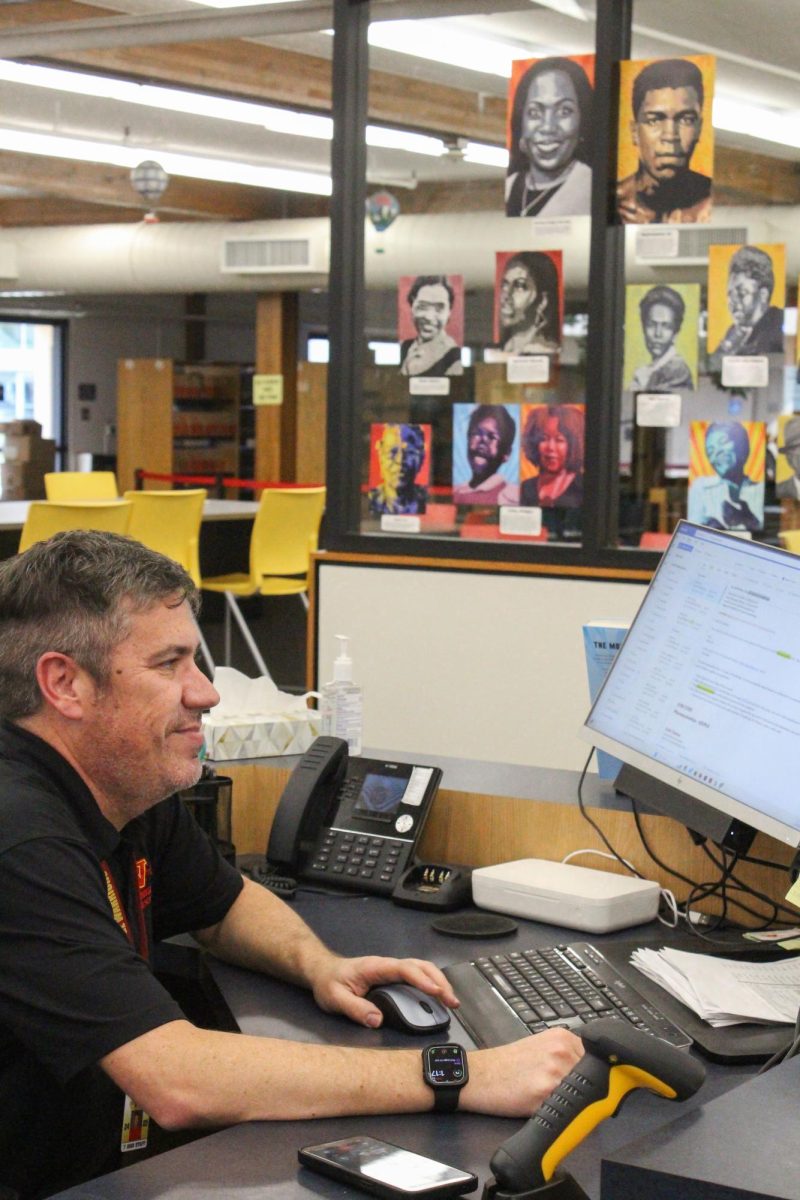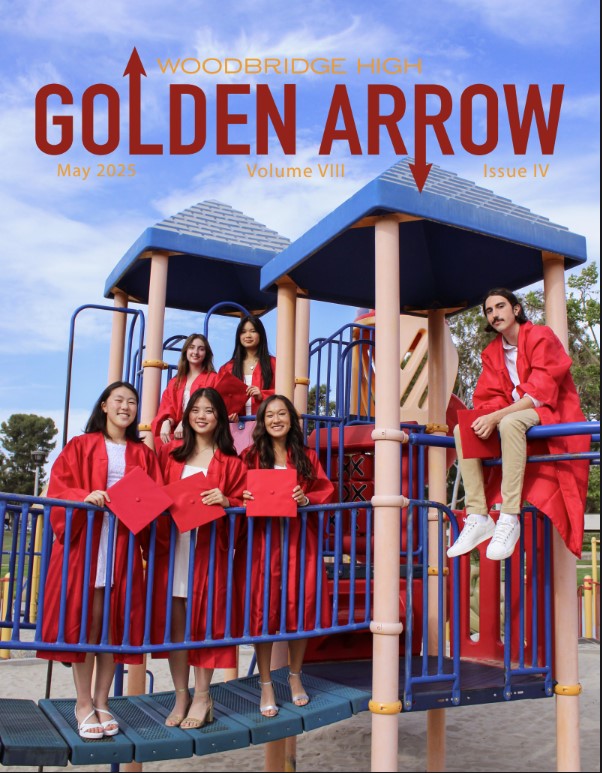Categories:
HEAD TO HEAD: Cancel Culture
Two Golden Arrow Journalists debate the ramifications or benefits of partaking in cancel culture
March 28, 2024

Donate to Golden Arrow
$450
$500
Contributed
Our Goal
Your donation will support the student journalists of Woodbridge High School. Your contribution will allow us to purchase equipment and cover our annual website hosting costs.
About the Contributors
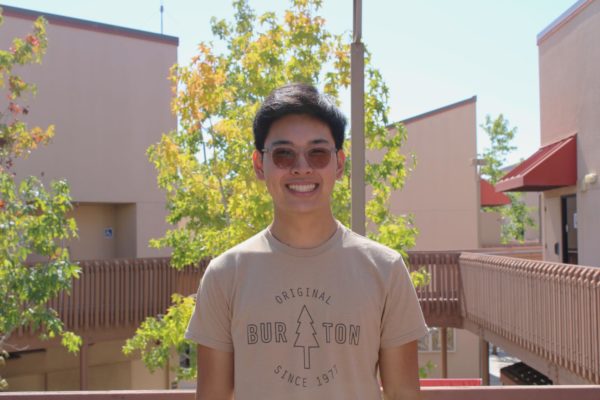
Brandon Liu, Co-Editor-in-Chief
Hi Warriors! I’m Brandon and this will be my fourth and final year in journalism. I am so honored to lead our magazine this year and carry out our vision of a publication that breaks down the latest on-campus news to you, in a way that feels fresh, relevant, and engaging. Our goal is to share the stories that make us who we are—the Warrior family—and to value your input as readers. Journalism is so important in our everyday lives, so I hope the Golden Arrow stories can give you some insight into our lives within and also beyond school walls. Outside of journalism, you can find me watching the latest episode of Survivor, listening to Coldplay on loop, or hanging out with friends at the local boba tea shop. I know this year will be a good one, so I’m so excited to be a part of it!
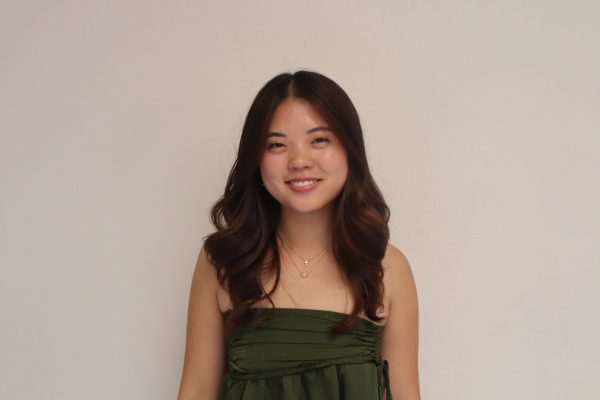
Annabelle Ko, Co-Editor In Chief
Hey Warriors! My name is Annabelle Ko and I am beyond excited to serve as your Print Editor-in-Chief. I am honored to lead the Golden Arrow publication this year and represent the diverse community we have at Woodbridge through student journalism. Throughout my years in Golden Arrow, I have loved getting to know our campus community and having the opportunity to write and produce stories that matter to each and everyone one of us. Alongside the rest of our program, I look forward to continuing on our publication’s legacy of serving, inspiring, and educating our Warrior community. It is a huge privilege to be a part of this program. Thank you for supporting the Golden Arrow!
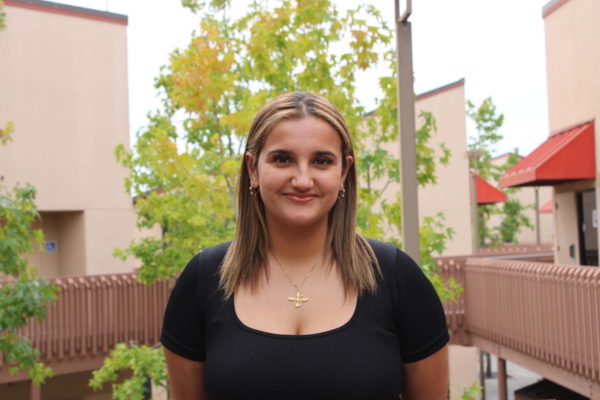
Donya Yazdihan, Opinion Editor
Hey Warriors! My name is Donya Yazdihan and I’m thrilled to serve as your Opinion Editor this school year. This will be my third and final year in the journalism program, and I’m looking forward to maintaining the credibility of our publication. As the Opinion Editor, I hope to provide a platform for diverse voices within the school community. Through my role, I aspire to challenge conventional perspectives and contribute to a more open-minded student body. Happy Reading, Warriors!
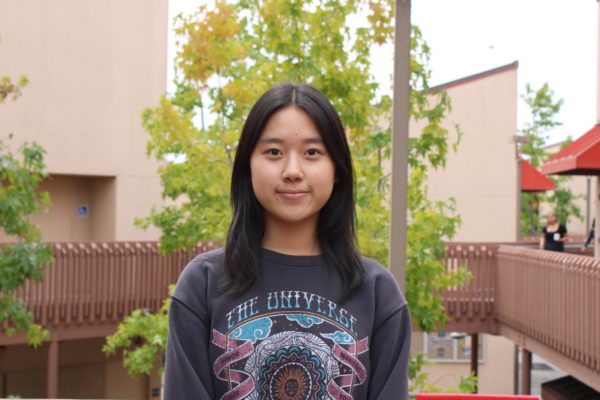
Lucy Liu, Features B Editor
Hey Warriors! My name is Lucy Liu and I’m really excited to serve as the Features B editor and staff illustrator. This is my third and last year in Golden Arrow, and I hope to wrap it up with more professional stories and creative illustrations. In my free time, I also love painting, video production, running, and competing in MUN. I hope you can enjoy our stories and find your voices represented in our issues.








